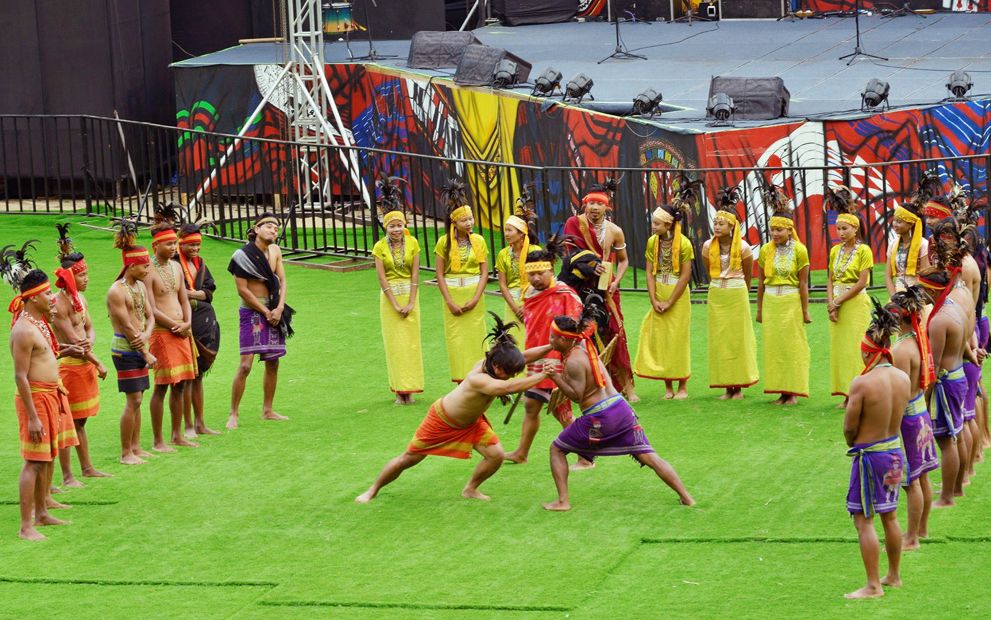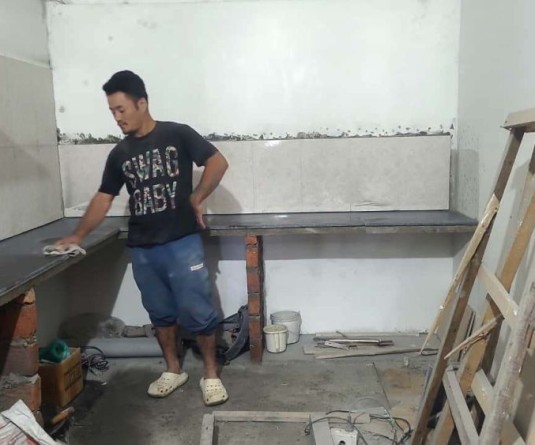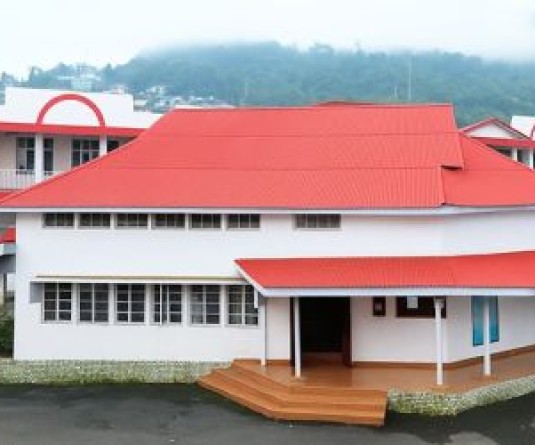Cultural troupes narrate folklores and traditions

Garo cultural troupe demonstrates ‘Jaktong Sika’ a traditional game played by the Garo tribe on December 9. (DIPR Photo)
Kisama, December 9 (MExN): The 9th day of cultural extravaganza at Hornbill Festival began with the first performance by the Lotha cultural troupe with a war dance called ‘Ritsso Shari.’ When a plan is hatched to go head hunting the warrior will have to observe many taboos and they refrain from any impure acts that may hinder their success. They stay vigil through the night of the enemy village and spring attack, cutting and carrying away the enemy heads. As they return home they make sure that they are unrecognizable by the surviving enemy. The victory over the enemy brings the people closer and cement the bind of unity and love.
‘Milakpha’ (fire making) was demonstrated by the Yimchungrü cultural troupe. The two methods of making fire in olden days was by using two stone and by using bamboo rope and wooden cavity(wood and dust straw). The focus of the game was to create awareness among the youth about fire making and discipline.
Sumi cultural troupe presented ‘Aphilo Kuwo’ a folk dance which is believed that the costumes, dance forms and the movements of the dance are directly replicated from the spirits.
‘Jaktong Sika’ a traditional game played by the Garo tribe was demonstrated by the Garo cultural troupe. The game is played to test the strength between two men. The players hold their palms and try to push each other out of the circle with their might. The one who is able to do so is declared the winner.
The Angami cultural troupe presented a traditional ritual called Rutherie performed by the youth of the village, where young men from the village go to the forest to collect wild fruits, vegetables and fill up the bamboo basket of the lady, and jungle produce are also shared with the old people and their neighbours.
The traditional fire making called ‘Mihlah Mulitahba.’- It is believed that in olden days fire was made by using white stones, locally known as fa- longe, a powder known as ma-tsing and dried twigs known as tsen-sang. Fire is made by rubbing two white stones together which produces sparks that ignite the powder. The dried twigs help in fuelling the fire.
‘Hokha Jehang’, a winter cultural song presented by the Khiamniungan, gives praise for the blessings and triumphs throughout the season protection from every storms and hardship and for the bountiful harvest. The last cultural troupe performed cotton spinning song by the Konyak troupe. The song showcases the rich traditional practice of making clothes in olden days. It is also said that spinning cotton and weaving of clothes led people away from wild and primitive living.






